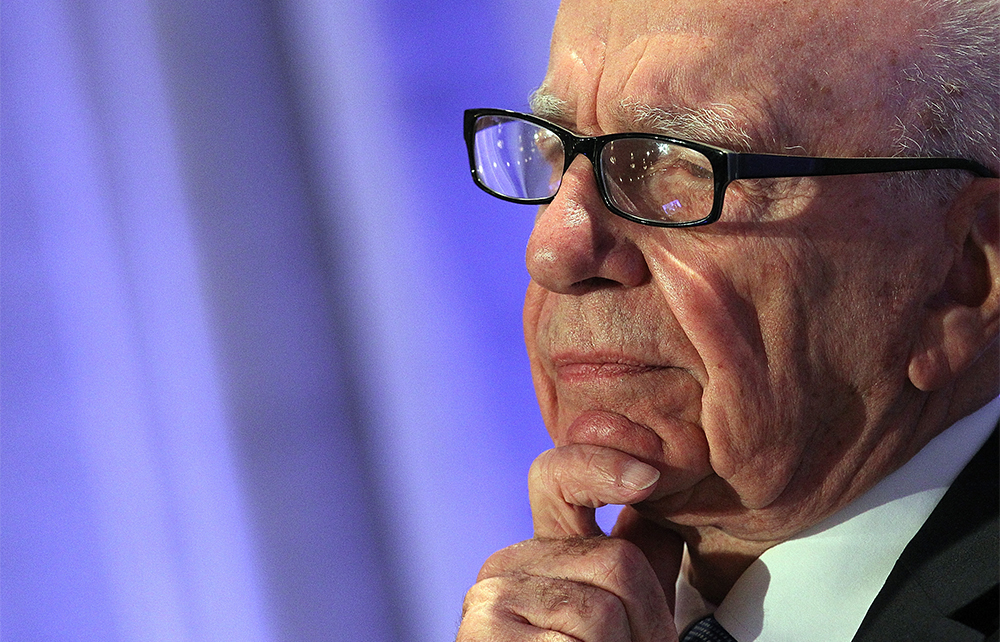Next month’s Budget tax raids on capital have provoked a festival of creative doom-mongering on the fringes of Labour’s conference as well as in the columns of the business press. Most frequently voiced is the prediction that the 2,000 or so denizens of London’s private equity community who benefit from the ‘carried interest’ tax wheeze will pack their Louis Vuitton bags into their Chelsea tractors and form a convoy down the M20 towards continental tax havens. A recent addition to the litany is a warning from the London Stock Exchange chief Dame Julia Hoggett that the ‘ongoing viability’ of the Aim market for smaller companies is at risk if the Chancellor abolishes ‘business relief’ from inheritance tax – which is a prime motivation for many investors to hold Aim-listed shares.
Both claims deserve closer examination – but the threat to Aim is, I suggest, the more convincing. The once-fertile junior market has already seen its board shrink from 819 listed companies to 704 since 2020 and their combined capitalisation fall by 40 per cent, as the hottest UK tech ventures seek higher valuations and broader horizons via the Nasdaq exchange in New York.
I’ve written repeatedly that London’s public capital markets are in dire need of new impetus at all levels – and Dame Julia is surely right that a sudden exodus of tax-conscious investors could send Aim into a downward spiral. Without a reliable public supply of capital, the small- to medium-sized businesses most likely to drive the economic growth which Labour ministers ardently desire are more likely to sell themselves to foreign owners – or fall into the jaws of private equity. I phrase it in that way (rather than, say, ‘enjoy the blessings of…’) because, tax benefits aside, private equity habitually gets a bad rap in the UK, as much from scarred investee companies as from armchair critics like me.
For fairness, let’s have some facts from the BVCA, the acronym for the British Private Equity and Venture Capital Association, which perhaps tellingly omits ‘PE’. Last year, BVCA members took almost 600 private equity (as opposed to earlier-stage venture capital) stakes in UK companies, investing £15.8 billion. That’s a major contribution, much of it in advanced technologies. But private equity – in the utility sector, for example – is also associated with the piling-on of debt, gouging of dividends and other financial alchemies designed to maximise returns in time for a swift exit after an average of six years.
That’s very different from the Silicon Valley model of long-term ‘patient capital’ injected by seasoned entrepreneur-investors. And as long as the ‘carried interest’ loophole allows annual rewards to private equity executives to be taxed as capital gains at 28 per cent rather than as income at the 45 per cent higher rate, there’s a smell of fish. But will they really leave the country if that collective half-billion bunce is snatched by the Budget? I doubt it – and wherever they live, they’ll continue bagging bargains here if our valuations are low enough, which they will be if our public markets are moribund. Conclusion: private equity is fair game, Chancellor, but don’t take aim at Aim.
Murdochs’ next move
The Murdoch family is on the move again. The Australian property website REA – controlled by News Corp, the Murdoch master company – is bidding for Rightmove, the UK leader in the same field. REA’s twice-raised offer of £6.1 billion represents a 40 per cent premium to Rightmove’s recent share price, and if you’re lucky enough to have bought the shares a decade ago, you will have tripled your stake money.
Sites like Rightmove profit from advertising fees paid by estate agents such as Foxtons – whose shares, for comparison, have fallen by two-thirds over the same period. But still Rightmove looks relatively cheap by global dotcom standards and its takeover by REA would be both a significant shift by the Murdochs into non-media interests over here and a personal coup for Lachlan Murdoch, eldest son of Rupert. Twenty years ago, it was young Lachlan who led their investment of less than £100 million for 61 per cent of REA, a stake now worth £8 billion. As Lachlan’s siblings mount a legal challenge against their father’s decision to name him as heir to sole control of News Corp, the Rightmove manoeuvre makes a nice Succession sub-plot.
Legendary luncher
I wish that I’d had the opportunity to work for Sir Patrick Sergeant, the former Daily Mail City editor who has died aged 100. But at least two of my role models in this trade were well tutored by him: my predecessor Christopher Fildes was the first editor of Euromoney, the hugely successful capital markets journal which Sergeant launched from the Mail offices in 1969; and Neil Collins, later a formidable City editor at the Daily Telegraph, was once Sergeant’s deputy.
It was Collins who credited Sergeant with ‘reinventing financial journalism as entertainment… transforming the whole way business and financial matters were reported’. On hearing the news of Sergeant’s death, he added: ‘Some of us have tried to carry the flame forward.’ Indeed we have – but perhaps none of us have ever matched the great man’s bon vivant exercise of his own and other people’s expense accounts, especially on what Fildes famously called the ‘boondoggle’ circuit of bankers’ conferences.
At one such in Mexico City in the late 1970s, my father – a frugal Yorkshireman representing Barclays on the global stage for the first time – was flattered to be invited by Sergeant to join a lunch party at a fabulous rooftop restaurant, where the finest air–flown seafood was washed down with buckets of champagne. But the colossal bill sat untouched until the supposed host pushed it across the table. ‘Barclays will pick this one up, old boy, won’t they?’ he said – and left with a cheery wave of his cigar.








Comments